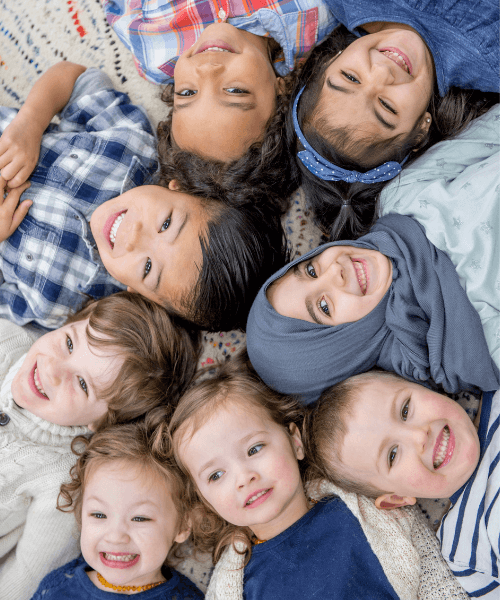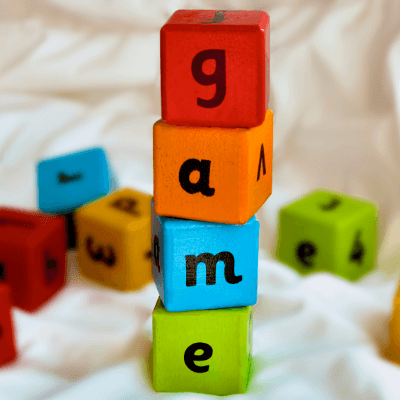February 2022: 3 Essential Life Skills for Children
Welcome To Our Blog
As a recent addition to the many useful tools we offer at Bright Minds Training, we will now publish a monthly blog! Here, we will feature what is new in the Early Childhood Education world, along with information about our newest and upcoming courses, and free monthly curriculum!
3 Essential Life Skills for Children


Self-Control
Communication
One of the best ways to foster a child’s ability to learn how to communicate is by providing them with a language-rich environment. Putting ABC posters on the walls of your classroom is great. However, ensuring that the children in your care know the way they communicate is seen and heard is even more beneficial. When we stop and really talk to the children in our care on a one-to-one basis, we see how differently each of them communicates. Take a minute to ask them how their day is going, describe how the rest of the day will play out, or point out their body language. For example, when you’re speaking to a child and they look happy, say something like, “I see a smile on your face. You must really like doing that!” And finally, make sure you READ to them!
